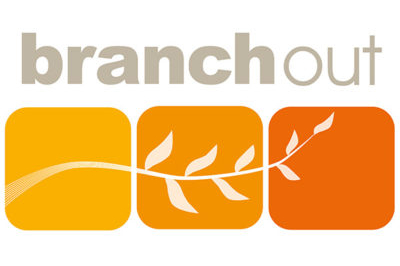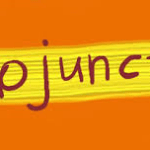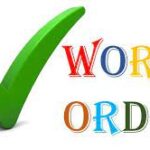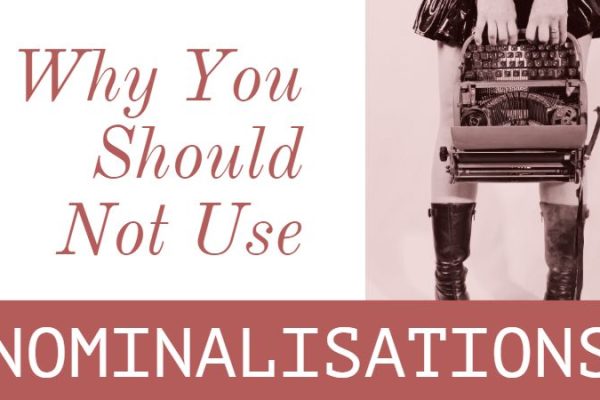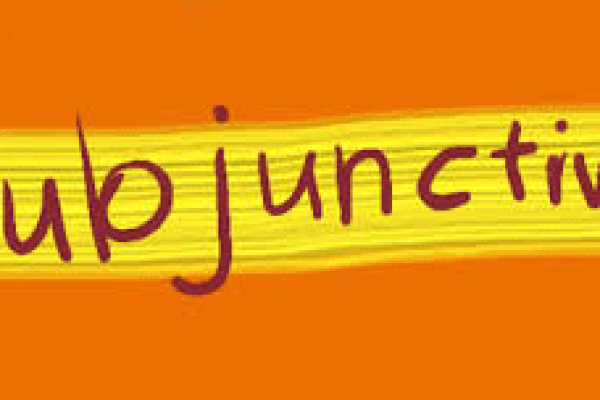Onder invloed van ontwikkelingen in common law-landen als de VS, Australië en Engeland, wordt mediation ook in civil law-landen als Nederland een steeds meer toegepaste vorm van conflictbemiddeling. Karen Joubert (een al jaren in Nederland wonende Zuid-Afrikaanse jurist/mediator en vaste trainer voor Branch Out) laat hieronder haar licht schijnen over de speciale rol die “taal” speelt in mediation.
English and Mediation
Good communication skills are an essential part of the mediation process and require a mediator well versed in the language being used to mediate. I would suggest a minimum C1 of the Common European Framework of References for Languages (CEFR) is necessary to successfully mediate a dispute in a language other than one’s native tongue. (By the way: for those who wish to find out what their level is, please visit www.branch-out.eu/test. (NB: This test will give you an insight into the level of your passive knowledge, NOT your active use of the language).
This is a particularly important in the Netherlands, which not only has an estimated 500 000 internationals or expats as they are commonly referred to living here, but also has legislation pending to further entrench mediation in the legal arena (click here for a De Brauw publication on this subject).
However, despite the justifiably well-recognised English language skills of the Dutch and their willingness to speak English, mediation is a specialised field and requires more than a superficial ability to speak English. It requires an in-depth knowledge of the language and the ability to use it effectively as a tool to diffuse potentially emotional situations and to move parties towards a better understanding of their dispute and respective interests and, in doing so, to help them resolve their dispute.
Anecdotal evidence suggests that mediations involving internationals are not always up to the standard necessary for success. An English friend, involved in an employment dispute, and a Romanian friend who speaks excellent English, involved in a custody dispute, both expressed disappointment with their respective mediations.
They described their experiences as being stilted and lacking in empathy. The mediators were described as rude and unsympathetic. These descriptions are of course unacceptable for a mediator. Why did this happen? The mediators were either poorly trained and rude, which I doubt, or they over-estimated their English language skills – an often encountered phenomenon in The Netherlands, encouraged, no doubt, by native English speakers who keep applauding their Dutch hosts’ mastery of English. “Naast de schoenen lopen” is, I believe, the Dutch expression for this.
Few mediators would disagree that tact, diplomacy and politeness are essential ingredients for a successful mediation. However, knowing how to be tactful, polite and diplomatic depends not only on the cultural awareness of the mediators, but also on their ability to express this in appropriate language and to understand what the participants really mean. English is not as direct as Dutch. In fact, the more polite or diplomatic we are, the less direct we become and this can lead to serious misunderstandings.
In addition to the above and even more important for a mediator is the ability to summarise and reframe – translating emotive and provocative language into neutral inoffensive language, whilst acknowledging the emotions experienced by the participants. Active listening skills and the ability to identify when it is important to clarify statements, in order to avoid misunderstanding between the participants and the mediator, are also important for a successful mediation.
For more about English language skills and mediation, click here.
